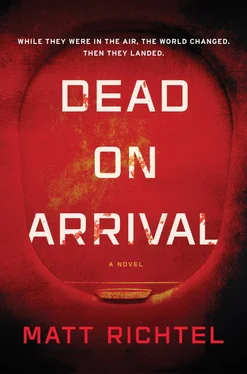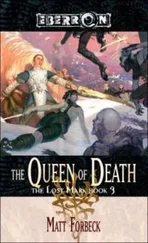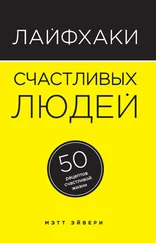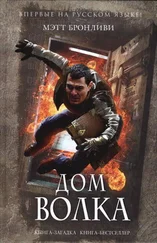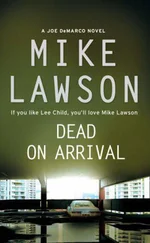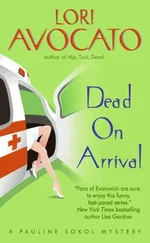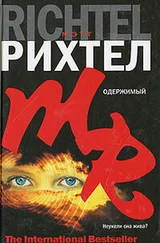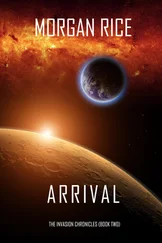Don’s body jerked upright.
Part II
Three Years Earlier
“Dr. Martin.”
“Dean Thomas, what a pleasant coincidence.”
Lyle Martin nodded with a tight smile and kept up the slick steps at a trot, passing by the pantsuited woman under the umbrella.
“Dr. Martin,” Dean Jane Thomas called after him. Mix of plaintive and displeased. A tone no one likes to hear but she clearly liked to use. Next to her stood a man in a purple-checked gingham shirt and a blue suit a quarter size too small, the fabric tugging at his back and shoulders. The dean, exhaling audibly, walked after Lyle. In her non-umbrella hand, a phone cocked like a weapon. “I need to talk to you.”
“You know I cherish our meetings,” Lyle said without turning. “I’ve got lecture.”
“It started ten minutes ago, Dr. Martin.”
Now, reaching the tall glass doors of Genentech Hall, he turned. He looked at her, then the man in the suit, seemed to consider saying something about the dean’s cheap shot, half smiled, and turned back to the door. On the other side, Lyle’s assistant held a gray cardboard coffee tray, watching the scene unfold. “It’s cold,” she said to Lyle. “They’re lining up outside.”
“Lyle!” Dean Thomas called.
“Emily, can you arrange for me to chat with the dean,” Lyle said, taking the coffee too briskly, a wave spilling over the side and cascading onto the beach of his tan sweater. This completed the picture, the contrast between Dr. Martin, hair matted by sleep and drizzle, and the majesty of the nearly half-million square feet of marble and glass science hall at the University of California, San Francisco medical school. One of the world’s gems.
“Let this be a lesson to you, Emily. If you’re late for class, the dean will show up brandishing an umbrella.”
“I think she’s here for a different reason,” the young lady said, and then, realizing that Lyle knew that, reddened, a look that measured on the dial beyond humiliation and well into schoolgirl crush.
At the door, the dean lowered her chin, shook her head.
“You warned me,” said the man in the suit. His firm tone was a touch undone by the singsong of a southern Tanzanian accent, the mixed influence of Swahili, Portuguese, and military training. Hand at his side, he involuntarily made a fist and then unclenched it. “How long is this class?”
“Asshole,” the dean muttered, referring to Lyle, and followed the scientist and his intern. She had given up on catching him. She turned to the man. “Michael, I think I’d like to hook you up with Dr. Sanchez instead. She’s not…”
“An asshole?” Michael said.
The dean, in spite of herself, laughed bitterly. “Dr. Martin is not… He’s, how do I describe it?”
“Someone who drinks himself to sleep?”
This paused the dean in her tracks. “Actually, I don’t think so—the drinking part. I’m not sure where you got that information.”
“In any case, my government is not negotiable on this one. He’s the best and it’s got to be him. And soon. How do you say it: yesterday? This can’t get across the border.” Michael paused. “Or into the news.”
Half a hallway away, wet shoes squeaking on smudgy tile, Lyle arrived at the auditorium entrance. “Good morning,” he said to the handful of students standing outside. “I’m sorry I’m late. I wrestled my alarm clock to the death, and I won.”
It got an adoring laugh that Lyle didn’t seem to be asking for, or even particularly notice. “Dr. Martin,” called a med student in the clump, clutching a biology tome to his chest. “Will you hold office hours today?”
“He’s got an hour scheduled,” responded Emily.
She trailed him through the wooden doors of the spacious auditorium, clamoring with small talk, clacking of keys on gadgets, and, as Lyle made his way down the aisle, the brushing of backs on chairs. A capacity crowd filled the 268 seats, with a handful of others plopped on the ground in front of the stage. The popularity of these twice monthly lectures owed in no small part to Lyle’s little rivaled capacity for mixing war story with substance. Some academics come off like orchestra conductors, prim and distant, others like the Beatles, brilliant but singular and unapproachable. Lyle more like Keith Richards, an everyman with serious licks. Or maybe a thirty something, Harrison Ford, the disheveled version, but hunting for disease and not treasure. The kind of things students loved—but some colleagues resented because it didn’t fit their scholarly mold.
“If it makes them feel any better, you’re totally inaccessible emotionally,” Melanie had told him in the previous night’s version of toe to toe.
No response from Lyle on that.
“At the risk of repeating myself, you weren’t always like this, Peño.” That was her nickname for Lyle, “Peño,” short for Jalapeño, reflecting the sizzle nature of their relationship the first few years.
Lyle hiked the four stairs on the right side, strode to the podium, looked up and then… full stop. He gazed out at the audience, now come almost fully to attention, and he seemed to have lost all momentum. Many onlookers assumed he was centering himself, and the place. The ones near the front of the room, though, they wondered if it was something else. Were those tears in Lyle’s eyes?
It crystallized into such a particular moment that it was impossible to ignore the pop when someone near the left side of the auditorium broke a gum bubble. This yanked Lyle back from wherever he was visiting in his mind. He cleared his throat, reached into his back pocket, and pulled out notes. Unfolded them onto the lectern.
“Where were we?” His voice projected over the microphone. A piercing screech followed from the microphone. Lyle tapped it, and the interference receded. He glanced at his notes.
From the audience, a woman shouted, “Saudi Arabia!” The voice rang just at the same moment Emily was saying the same thing—“Saudi Arabia”—from behind the curtain to Lyle’s left.
“Saudi Arabia,” Lyle said. “That’s right. Hickam’s dictum.”
He looked up.
“Hickam’s dictum,” he repeated. “We’ve talked about Occam’s razor.”
Occam’s razor, a key principle in medicine, says that when there are competing theories to explain a medical condition, the doctor should favor the simpler one. Or, as Sir Isaac Newton restated the fourteenth-century logic: “We are to admit no more causes of natural things than such as are both true and sufficient to explain their appearances.”
Lyle glanced at the group. “It can be tempting to look for complex causes and diagnosis. But that often is a form of self-deception, the seeds of imagination, vain hope. Often, things are just as simple as they might appear, much as we are inclined to dupe ourselves.”
Again, he paused, something odd. Where exactly was he going with this?
Dr. Martin, Emily mouthed inaudibly, wishing she could whisper in his ear.
The silent admonition seemed to make its way to him through the ether, or maybe he realized he was getting off track. “As a clinician, it is not necessary to overcomplicate things, Occam’s razor. Much as we’d like to discover something extraordinary, it’s usually, I’m sorry to say, just a head cold.” Some laughter. “Bed rest and fluids will do the trick.
“But then, along came Dr. John Hickam. He gave us permission to get our money’s worth out of medical school.” Lyle explained that Hickam’s principle allows that multiple symptoms often can be explained only by multiple diagnoses—not just a single disease or pathology but, in fact, several. This comes into play, in particular, when you have a patient with a compromised immune system.
Читать дальше
